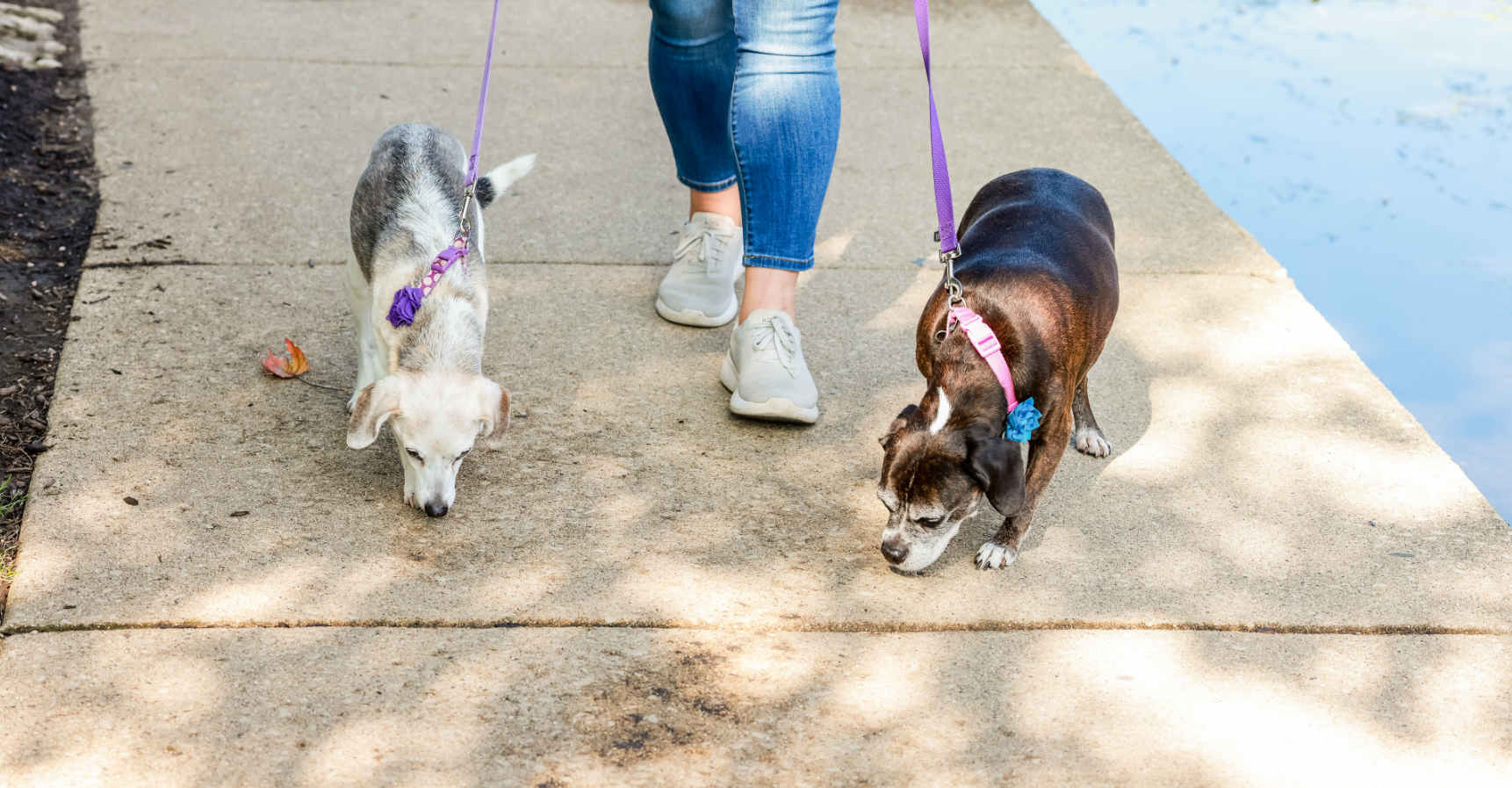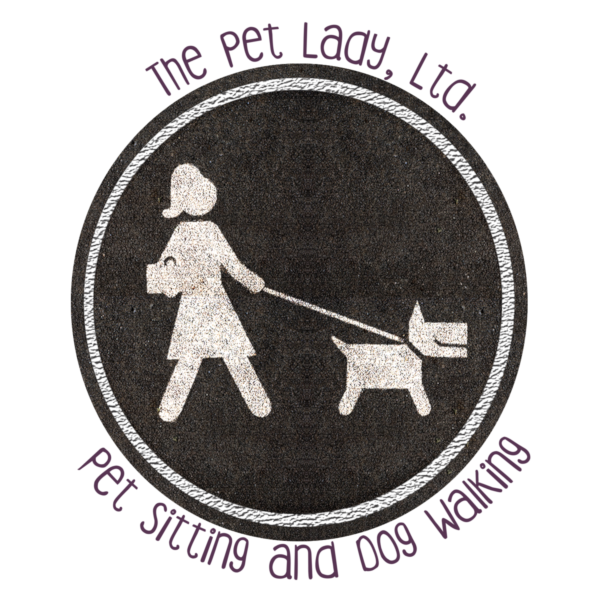
Blog
Asking For A Fur-Friend
Nurturing Companionship: A Guide to Small Animal Pet Sitting for Pet Parents
Welcoming a small animal into your home is a joyous experience, but what happens when life's commitments pull you away? Small animal pet sitting becomes a crucial service for pet parents who want to ensure their furry friends are well-cared for in their absence. In this blog post, we'll explore what small animal pet sitting entails and how it provides peace of mind for both pets and their owners.
Welcoming a small animal into your home is a joyous experience, but what happens when life's commitments pull you away? Small animal pet sitting becomes a crucial service for pet parents who want to ensure their furry friends are well-cared for in their absence. In this blog post, we'll explore what small animal pet sitting entails and how it provides peace of mind for both pets and their owners.
Understanding Small Animal Pet Sitting
Small animal pet sitting involves entrusting the care of your beloved pets to a professional or a trusted friend while you are away. This service is not limited to just dogs and cats; it extends to a variety of small animals, including hamsters, guinea pigs, rabbits, birds, fish, and more. The primary goal is to maintain the well-being and routine of the pets in their familiar environment.
Key Responsibilities of Small Animal Pet Sitters
Feeding and Nutrition: Pet sitters ensure that your small animals receive their regular meals, providing the appropriate portion sizes and any necessary dietary supplements. We follow the feeding schedule you've established, maintaining the continuity of your pets' diet.
Daily Exercise and Playtime: Just like dogs and cats, small animals benefit from daily exercise and mental stimulation. Our staff engages in playtime and offer opportunities for your pets to explore and stretch their muscles, promoting a healthy and happy lifestyle.
Hygiene and Cleanliness: Maintaining a clean and comfortable environment is crucial for the health of small animals. We ensure clean cages, litter boxes, and living spaces, ensuring that your pets live in a hygienic and stress-free environment.
Medical Attention: In case of illness or emergencies, our staff are trained to recognize signs of distress and act accordingly. We may administer medications as prescribed by the veterinarian, and if necessary, seek prompt veterinary attention.
Affection and Companionship: Small animals thrive on affection and social interaction. Our caring staff offers companionship and spend quality time with your pets, alleviating any feelings of loneliness they might experience when you're away.
Benefits for Pet Parents
Peace of Mind: Knowing that your small animals are in capable hands provides peace of mind for pet parents. You can relax and enjoy your time away, confident that your pets are receiving the attention and care they deserve.
Maintaining Routine: Small animals often thrive on routine, and disruptions can lead to stress. As pet sitters we help maintain your pets' familiar schedule, minimizing any negative impact on their well-being.
Customized Care: Every small animal is unique, with specific needs and preferences. As pet sitters we tailor their care approach based on your instructions, ensuring that your pets receive personalized attention.
Small animal pet sitting is a valuable service that allows pet parents to enjoy their time away without worrying about the well-being of their furry companions. By entrusting a responsible and caring professional with the care of your small animals, you're not just hiring a service; you're investing in the happiness and health of your beloved pets.
If you are interested in small animal care while you are away, give us a call or contact us here. We proudly service Elmhurst, Villa Park, Lombard and Naperville, Illinois.
Pocket Pets
Pocket pets are what people call small domestic animals such as gerbils, hamsters, ferrets and rabbits. Many people opt to adopt a pocket pet as opposed to a dog or cat because they are easier to take care of, and they don't require as much attention as their canine and feline counterparts.
Pocket pets are what people call small domestic animals such as gerbils, hamsters, ferrets and rabbits. Many people opt to adopt a pocket pet as opposed to a dog or cat because they are easier to take care of, and they don't require as much attention as their canine and feline counterparts. Whether you live in a small space and cannot have a large animal, you’re gone all the time and cannot properly care for a more active animal or whether you just want a pet that is low maintenance and relaxed, pocket pets make great companions for the non-dog and non-cat people.
Preparing for your pocket pets.
Although some smaller animals are much more low maintenance than larger animals, you still need to take time to prepare your home for them. This means investing in tanks, cages and all the accessories needed for your future pet. Many people assume that small animals don’t need a lot of space, but many smaller animals still need space to run, hop and play. While smaller animals might be easy and inexpensive, setting up their living environments can be costly.
So let’s talk about what the easiest small animals to care for are and why they might be the right pet for you.
Hamsters are fun and active pets, but you need to know they are nocturnal, meaning they sleep during the day and are awake at night. That means they may be a disappointing pet for small children. But! If you work long days and are home at night, a hamster might be a good pet for you. They are relatively low maintenance and hamsters are good at entertaining themselves. They love wheels, tubes and toys to play with. They need a wire cage with a solid bottom to live in that is padded with shavings.
Guinea Pigs are fun. They are much more active than hamsters and have a more expressive personality. Once you and your pig get to know each other, you will be able to tell when they are happy, sad, mad or excited. Guinea Pigs prefer a large open space where they can run around, graze freely and be safe from predators. We care for many pigs in my pet sitting business. Most of them have wire cages with solid bottoms, but also have a fenced in pen to be able to run around in. Guinea pigs enjoy climbing on huts and they love burrows. If you are considering a Guinea Pig, you should know that they really enjoy being with others of their species, as loneliness tends to set in which can lead to depression. I do know that with enough socialization with their pet parent, one Guinea Pig can live a full and happy life.
Rabbits can be a great choice for a smaller pet, but note they may not be the best pet for small children. Rabbits can be difficult to care for and are known for being temperamental. They are great pets, but they may not be as easy as some think. Rabbits are complex creatures and they need specific environments to be happy. They need an enclosed space for sleeping and resting but they also need an attached area that is large enough for them to run and play safely. Rabbits are a pet that thrive with a rabbit friend, but if you socialize with your bunny they can be happy on their own. Rabbits are naturally skittish creatures, so socialization cannot be forced. They like hay, greens like lettuce and parsley and they are also typically fed pellets to ensure they are getting the nutrients they need.
Chinchillas, I mean it’s just fun to say, Chinchilla. They are adorable, cuddly creatures but are also extremely intelligent. Once you get to know your chinchilla you will find they are trainable and will be able to perform basic tricks - for the right treats, of course. Chinchillas are nocturnal, so they, like hamsters, may be disappointing to children who go to bed early. Another very important thing to know about Chinchillas, they have an average lifespan of about 15 years - about the same as a dog or cat. Maintenance with chinchillas is fairly low, but they do need a fairly large cage with a dust bath in it. Chinchillas love their dust baths, so you need to be prepared to sweep or vacuum frequently. Like Guinea Pigs or Rabbits, Chinchillas do enjoy having a companion.
I have to be honest, Hermit Crabs do not get enough credit as pets, which really is a shame. I had hermit crabs growing up and they were fun creatures. As they grew out of their shells, I would add new ones for them and they were always decorated. Which is a good reason why these may be good pets for small children. Not only are they active, interesting and social creatures, as your hermit crabs grow you can pick out the cool new shells for them to call home. Hermit crabs do have a fairly long lifespan if cared for properly and can live up to 30 years. Hermit crabs love humidity, so a warm environment and daily misting is necessary. They also need rocks to climb, sand to dig in and places to hide.
Ferrets are actually a lot like cats. They are independent, curious and a little bit mischievous. Ferrets make great pets and they are very intelligent and energetic and can be trained to be low maintenance and loyal companions. Most Ferrets have a cage or enclosure they are put in for the night, but tend to have free roam during the day. With that being said, I mentioned before, they are a lot like cats and are very curious creatures, so you must make sure your home is Ferret proof so they cannot get into something that can harm them or a place they may get stuck.
And this brings me to the last pet I will talk about today, Fish. If you are looking at a non-tropical fish such as a goldfish or beta, they can be very low maintenance pets. You will still need a tank, filter, rocks and foliage for your fish, but beyond that care is minimal. Fish are typically fed once a day and as long as pH levels are good in the tank you really only need to clean the tank and replace water about once a week. If you are interested in tropical fish or exotic fish, your time and investment will sky rocket. Most tropical fish need very specific chemicals and levels of chemicals in their tank. There are also different pellets, flakes or cubes these types of fish eat. And the fish themselves are more expensive to purchase.
Small animals can make great, low maintenance pets. That being said, each creature will still need a proper living environment, healthy diet, care and nurture from their owners.






